| by Andrew Conradi, ofs; JPIC & Laudato si' Animator who acknowledges and thanks the Lkwungen People for allowing me to live, pray, work, and play on their lands. I am deeply sorry for the injustices inflicted upon the First Nations, Inuit and Métis peoples in Turtle Island by the complicity of settlers in the colonialism inherent in the Indian Act and Residential Schools including racism and cultural genocide. I commit to work for truth, healing and reconciliation |
In anticipation of this visit, the planned delegation of Indigenous survivors, Elders, knowledge keepers and youth will travel to the Holy See, where they will have the opportunity to speak to Pope Francis about the timing, focus, and themes in preparation for his future pilgrimage to Canada. “The Bishops of Canada have been engaged in meaningful discussions with Indigenous Peoples, especially those affected by Residential Schools who have shared stories about the suffering and challenges that they continue to experience,” said CCCB President, the Most Rev. Raymond Poisson. “We pray that Pope Francis’ visit to Canada will be a significant milestone in the journey toward reconciliation and healing.”
| One of the most telling details of St. Jean de Brébeuf’s life of a Jesuit missioner in Canada in the early decades of the 1600s, is found in the name the Huron people gave him — Echon. One translation means “healing tree,” a reference to Brébeuf’s height and gentle nature. The alternative translation, however, “one who carries a heavy burden,” speaks to the spiritual life of the most famous of the men known collectively as the Canadian Martyrs. The Jesuits were assisted in Huronia by a number of new believers, amongst whom were Joseph Chiwatenhwa and his wife Marie Aonetta, and other members of his family, all of whom "lived and witnessed to their faith in a heroic manner."[1] Chiwatenhwa was deeply moved by the Christian teachings of the Jesuit missioners in 1636 when he first encountered them, despite the fact that others of his Huron tribe blamed these missionaries for the epidemics that had broken out in Huron lands. | Icon by Andre Prevost of Joseph Chiwatenhwa © 2020 St. Thomas Aquinas High School Chapel, North Vancouver, BC. Chiwatenhwa, was born 1602 into the Bear clan, of the Wendat, or Wyandot tribe. |
| | Chiwatenhwa himself fell sick; after his recovery, however, he was baptized, on August 16, 1637, by St. Jean de Brébeuf, and given the Christian name Joseph. His wife, Aonetta, was baptized on March 19, 1638; her Christian name was Marie. Their marriage was blessed on the same day; this was the first Catholic wedding in Huronia. Joseph became the first lay administrator in the Catholic Church in Canada, in 1639. |
Joseph Chiwatenhwa sensed that he might eventually be killed for his faith and love for Jesus Christ. He was martyred on 2 August 1640, aged 38. Jesuit martyr of New France Gabriel Lalemant considered Chiwatenhwa a great catechist amongst his own people, "their apostle." Pope John Paul II honoured the spirituality of Chiwatenhwa and his family when Native Canadians gathered in Huronia to meet him in September 1984. The Pope said that Joseph Chiwatenhwa and his wife, Marie Aonetta, with his brother and other relatives, "lived and witnessed to their faith in a heroic manner.
"These men and women," he continued, "not only professed their faith and embraced Christ's love, but they in turn became evangelizers and provide even today eloquent models for lay ministry." The Pope acknowledged the Native tradition and expressed his joy in the Native Canadian church. "These new Christians," he said, "knew by instinct that the gospel, far from destroying their authentic values
| and customs, had the power to purify and uplift the cultural heritage which they had received." "Christ," said the Pope at Huronia, "in the members of his body, is himself Indian.” KONDIARONK, an architect of The Great Peace of Montreal was another Jesuit convert who was widely and greatly respected by Indigenous and French alike. |
Silent no more
of the Stars and Stripes over her mouth! Apparently the Vogue cover is a fake. Too bad!
[There are Lakota in Manitoba and Saskatchewan also]. Their powerfully rich stories inspire strength while providing insight that speaks to current environmental and cultural crises withstanding the test of time. Deeply-rooted with history and culture, learn about Anderson’s visual journey with the Lakota tribe that brought her award-winning documentary and photographic series to life. See trailer (1:58)
Interesting map of world's indigenous peoples
(Thank you Hermy Villasenor ofs)
[True, but slavery etc was not restricted to First Nations and absolutely no excuse for Christian complicity in what the Indian Act and residential schools inflicted on First Nations!]
As Church of Ireland Archbishop of Armagh John McDowell said about the partition of Ireland in 1921:
“Too often we allowed the attitudes around us to shape our faith, rather than the other way around.” Strikes me the same could be said about the Indian Act and Canadian Indian Residential Schools!
| Capitalism and the Environment Forests, peatlands, deserts and tundra can all absorb and hold stocks of carbon-dioxide (CO2). Of all the carbon held in land-based ecosystems, around 34% can be found in grasslands, data from the World Resources Institute show. That's not much less than the 39% held in forests. [So look after all of Mother Earth and especially regenerate the soil]. Photo by Milo Weiler on Unsplash |
Capitalism is killing the planet – it’s time to stop buying into our own destruction. “Enough of brutalizing biodiversity. Enough of killing ourselves with carbon. Enough of treating nature like a toilet. Enough of burning and drilling and mining our way deeper. We are digging our own graves.” Antonio Guterres (UN Secretary-General António Guterres)
The increasing and extreme economic inequality in the world is rooted in an ideology of individualism in which investments and prosperity are aimed only at driving profit not helping the common good, said Archbishop Paul R. Gallagher, Vatican foreign minister. … "A new ethics of the common good" is needed to guide policy making so measures will be "capable of both tackling the structural inequalities behind our deeply divided and increasingly fragile world and unleashing the spirit of human ingenuity and creativity, which is urgently needed to build back better from the devastation of the COVID-19 pandemic," he said.
"From a Catholic point of view, I think if we care about God's Earth, if we care about creation, if we care about the poor, if we care about our children, and if we care about the unborn children of today, we need to be engaged with this," [COP 26 ] said Lorna Gold, board chair of the Laudato Si' Movement, who has attended previous climate summits.
The climate crisis explained in 10 charts here
“But our faith is not neutral when it comes to the dignity of all persons, to care for creation and to the political and economic structures that affect people and the planet.” said Development and Peace campaign officer Kathleen Cross. So please Take action
Pope Francis said: he realises some people, including within the Church, consider him to be "a pest" for defending the poor and most vulnerable, but that it won't stop him as it is part of Christianity. [Me too!]
Pope Francis Laudato Si' 179: “Society, … must put pressure on governments … . Unless citizens control political power … it will not be possible to control damage to the environment.” As another pest said to the BBC, Greta Thunberg: 'We need public pressure, not just summits' We need action not pretence (7 min speech to Austrian Climate Meeting) She is so articulate; right to the point!
The difficulties the Church faces are many — its relationship with women, the majority of Catholics who reject the Church’s teaching on sexual morality, the negative and defensive posture of the Church in the culture, its embrace of colonialism at the expense of Indigenous people, divisions over liturgy, doctrine and culture and the haemorrhaging of young people. But it’s clericalism and the exercise of authority at the centre of all of it, according to the Sister of Charity of Halifax Nula Kenny In her new book for Novalis, A Post-Pandemic Church, Prophetic Possibilities, Kenny lays out an agenda for a Canadian synod. It’s an agenda for a Church in crisis and a resurrection moment, Sr Nuala Kenny said.
"The opposite of clericalism is co-responsibility — lay, religious, and ordained leaders working together to advance the mission of the church," said Robinson, speaking about the Synod.
A group has formed to track Synod progress across the country, and are inviting participation from concerned Catholic laity. See Concerned Lay Catholics. And please send any local information about the synodal process in your diocese or parish to [email protected] using Synodality in the subject box.
Study: Most US Catholic bishops kept silent on Francis' climate change push. Almost as soon as the document was published, however, the U.S. bishops showed signs that they would largely ignore the pope's exhortation in their teachings and action.
In more than 12,000 columns by U.S. bishops between 2014 and 2019 — the period directly before and after the publication of Francis' social encyclical on the environment — only 93 mentioned climate change, global warming or their equivalent at all. Our research shows clearly that U.S. Catholic bishops' communications collectively diminished the impact of the encyclical on climate change. Overall, American Catholic bishops have been overwhelmingly silent about climate change. Our findings raise questions about whether U.S. Catholic bishops will embrace the Vatican's new Laudato Si' Action Platform. Our findings also suggest the U.S. bishops are squandering opportunities to connect with youth and young adults who as a demographic prioritize climate change. The U.S. Catholic Church has unprecedented capacity to help avoid climate catastrophe. It also has a responsibility to address the climate emergency as an essential part of its mission.
In Canada, in 2015 the CCCB did sign on to an interfaith declaration on climate change & poverty reduction. They did put out Living Out Laudato Si: A Commentary and Practical Resource for Canadian Catholics in 2017. Also available is the video, Laudato Si’, A Canadian Response found here. with a follow-up video to that 2015 video,: found here.
But is it enough? I, for one, do not think so. In June 2019 the Ontario bishops’ justice and peace commission asked the CCCB to lobby governments to declare a climate emergency. The request was passed up the ladder to the Canadian Conference of Catholic Bishops, but Redemptorist Fr. Paul Hansen, former chair of Kairos and member of the Ontario assembly of bishops’ justice and peace commission, doubted the CCCB would act and I can find nothing on the CCCB website that says it did. Sadly my own diocese is not in the forefront in promoting Laudato si’ or Season of Creation. The Laudato Si’ Action Platform is not on my (Victoria, BC) diocesan website and it was a bit slow to post about the Synod which it did at last on 3 Nov. Alleluia! That is another reason we must get involved in the Synod process and tell them to get behind Pope Francis!
To the bishops, Canadian and US: Hear our voices and join us, lead us.
Lawren Harris, founder of the Group of Seven: The spirituality of his art: the metaphysics of this Canadian’s abstract landscapes where the universe sings especially in what we do call Sister Mother Earth, and could call Brother Mountain and Sister Iceberg.
“The entire material universe speaks of God’s love, his boundless affection for us. Soil, water, mountains: everything is, as it were, a caress of God.” (Pope Francis, 2015, Laudato Si’, 84)
“I arise today, through The strength of heaven, The light of the sun, The radiance of the moon, The splendour of fire, The speed of lightning, The swiftness of wind, The depth of the sea, The stability of the earth, The firmness of rock.” This excerpt from the Lorica (or Breastplate) of St Patrick reveals Celtic Christianity’s love of creation and is only one part of our tradition in this regard. Joanne M Pierce wrote more about the origins of the Christian tradition of connection to nature. St Francis of Assisi is well known for this and was preceded by St. Hildegard of Bingen, (died A.D. 1179) a visionary and mystic, who became especially connected with environmental concerns. A German Benedictine abbess, she was one of the most accomplished women of the Middle Ages. She insisted that God loved the Earth as a husband loves a wife, and espoused a kind of "green" theology, called viriditas, condemning the harm that human activity could do to nature. She wrote: “The earth sustains humanity. It must not be injured; it must not be destroyed.” Hildegard has been acclaimed as an unofficial patron saint of environmentalists. In 2012, Pope Benedict XVI declared her a doctor of the church.
Intro to Laudato Si Action Platform (by Sr Nancy Kinsey, FCJM)
(it might take a minute or so to open the above Intro link!)
Help to cultivate Eco-conversion and develop a vibrant Laudato si’ culture,
following the “See-Judge-Act methodology.
FVC/ TCG strongly believes that unless spirituality leads to action it is incomplete!
Fratelli tutti: “122. Development must not aim at the amassing of wealth by a few, but must ensure “human rights – personal and social, economic and political, including the rights of nations and of peoples”.[99] The right of some to free enterprise or market freedom cannot supersede the rights of peoples and the dignity of the poor, or, for that matter, respect for the natural environment, for “if we make something our own, it is only to administer it for the good of all”.[100]” ([99] Saint John Paul II, Encyclical Letter Sollicitudo Rei Socialis (30 December 1987), 33: AAS 80 (1988), 557.[100] Encyclical Letter Laudato Si’ (24 May 2015), 95: AAS 107 (2015), 885.)
The Wedzin Kwa (Morrice River) is one of the few remaining pristine waterways where water is drinkable without treatment and home to multiple species of salmon.
@Gidimten land defenders connect the genocide of stolen Indigenous children in this country with the ongoing land defence struggle to protect the sacred Wedzin Kwa headwaters from the Coastal GasLink fracked gas pipeline. #WetsuwetenStrong
Gidimt'en spokesperson Sleydo', a.k.a. Molly Wickham, describes the RCMP as acting as mercenaries for industry. Sleydo' was among 14 people arrested at the Gidimt'en Checkpoint on 7 January 2019 when heavily armed Mounties arrived to enforce a B.C. Supreme Court injunction obtained by Coastal Gaslink Pipeline Ltd.
The RCMP were also implicated in the National Inquiry into Missing and Murdered Indigenous Women and Girls (MMIWG)’s final report, which states that the “historic role of the RCMP has not changed significantly. The RCMP must still enforce present-day discriminatory and oppressive legislation and policies in areas such as child welfare and land and resource disputes.” The institution has a history of militarized enforcement when Indigenous communities organize to stand for Indigenous sovereignty.
Wet’suwet’en land defenders and supporters are occupying a Coastal GasLink pipeline worksite on Gidimt’en clan territory in northwest B.C. in an effort to prevent drilling under the Wedzin Kwa (Morice River, BC), raising fears about escalating police actions.
The location, just upriver from the Unist’ot’en healing centre, is where TC Energy plans to lay pipe to connect fracking facilities in the northeast to the LNG Canada processing plant, currently under construction in Kitimat, B.C.
In 1997, the Wet'suwet'en Hereditary Chiefs (and the Gitxsan Nation) fought and won the most important case on aboriginal title in Canada in the Delgamuukw decision, wherein the Supreme Court of Canada (SCC) recognized that, where treaties have not been signed, underlying title continues to rest with the Indigenous nation. Stemming from a 1984 case launched by Wet'suwet'en and Gitxsan leadership to establish jurisdiction over 58,000 square kilometres of land and water in northwest British Columbia, this SCC Delgamuukw decision recognizes our authority to govern unceded territory and establishes that our title has never been extinguished. Thus, 'Anic 'niwh'it'én, Canadian, and international law all dictate that all levels of government have the obligation to seek the consent of leaders with governing authority over the territory in question, and that failure to do so is in direct violation of Indigenous peoples' rights. In summary, the Coastal GasLink pipeline contravenes Wet'suwet'en, federal, and international laws. It is an illegal project. [Yes, but unfortunately there are contradictory laws and the RCMP have to obey injunctions. Or could they refuse? Could they cite Delgamuukw or the 2014 Tsilhqot’in Nation v. British Columbia, or the Blueberry River decision, in which a B.C. Supreme Court judge ruled in June 2021 that the provincial government had breached the nation's rights under Treaty 8, signed more than 120 years ago, because it allowed development such as forestry and natural gas extraction without the nation's approval?]
Members of the RCMP’s Community-Industry Response Group, a tactical unit familiar to old-growth protesters at Fairy Creek, where more than 1,000 arrests were made and the conduct of officers was called into question by a B.C. Supreme Court judge, have been coming into the camp daily. In the first days of the Wet’suwet’en blockade at Wedzin Kwa, two people were arrested — one shocked with a Taser and the other subjected to physical force. [And I thought the RCMP, was meant to Uphold the law! After all that’s what their motto “Maintiens le droit,” usually translated as Uphold the right, also means! Instead they are arresting people. Oh silly me! At one point in my life I thought about joining the RCMP and actually, I feel sorry for them since they are caught in the middle because they have to enforce other contradictory laws, which of course, they did not make. Once again we see clearly that law and justice are not the same thing.] Read more: Read The Narwal's explainer
Finally (!) check this out: Recycling was a lie to sell more plastics by guess who?
And this: The deliberate (criminal?) climate denial campaign (47 mins video)
Peace & joy, Andrew, ofs

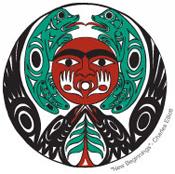

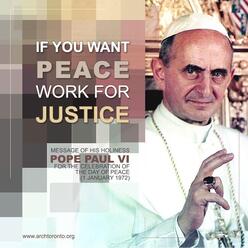
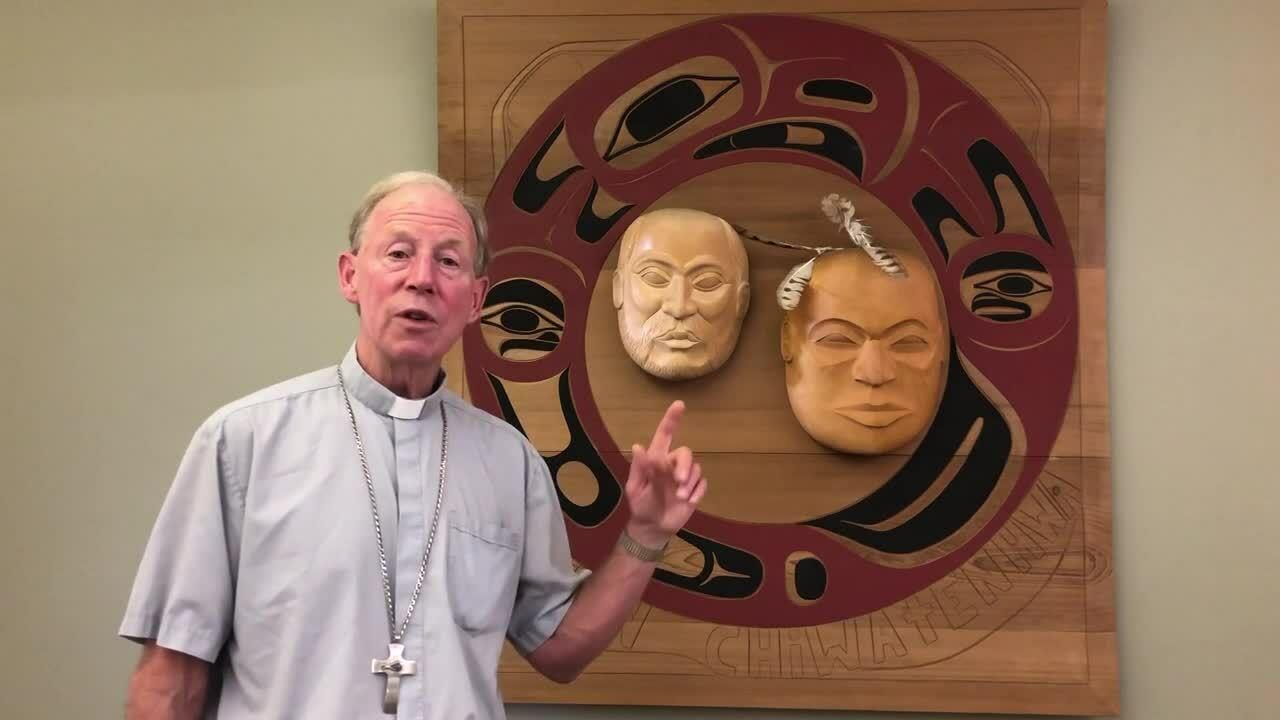
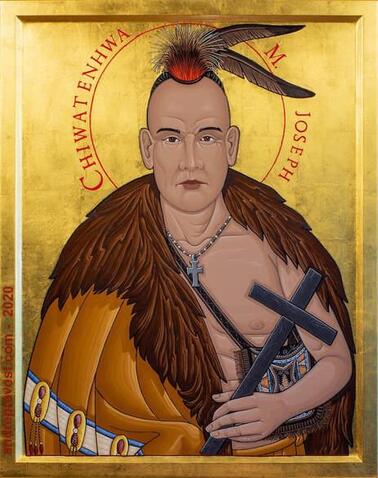


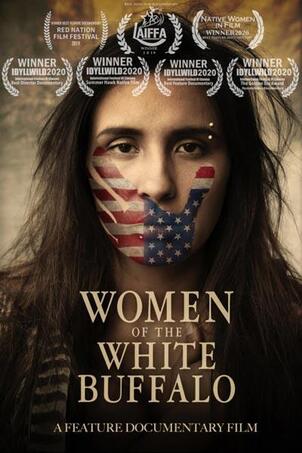

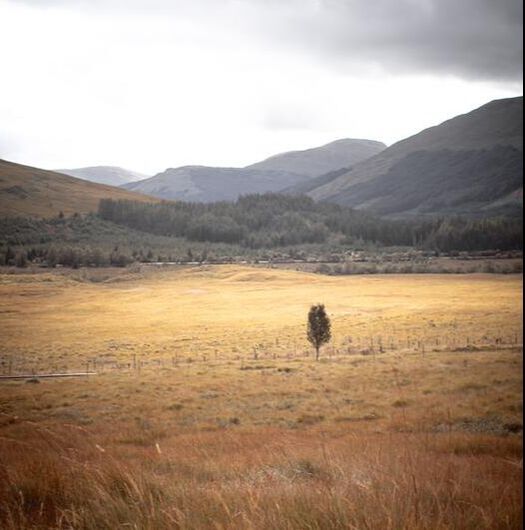
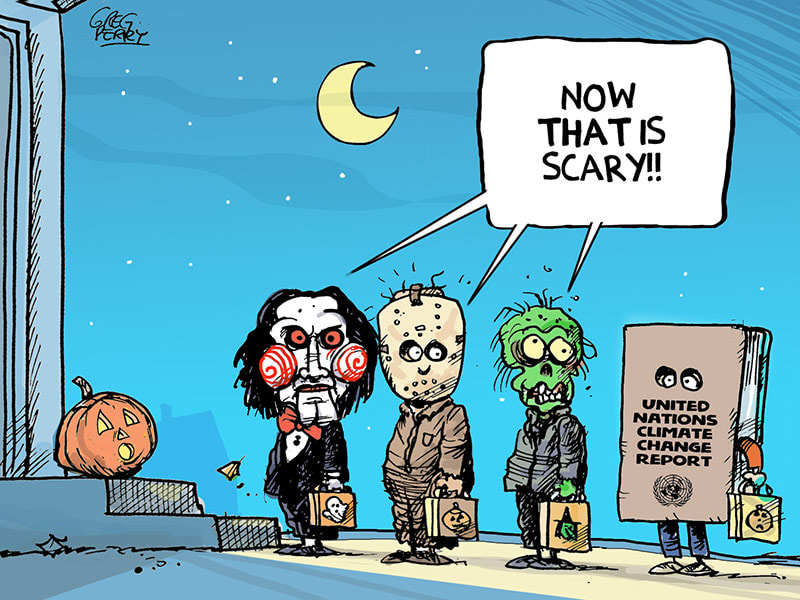
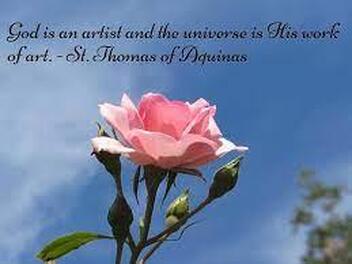
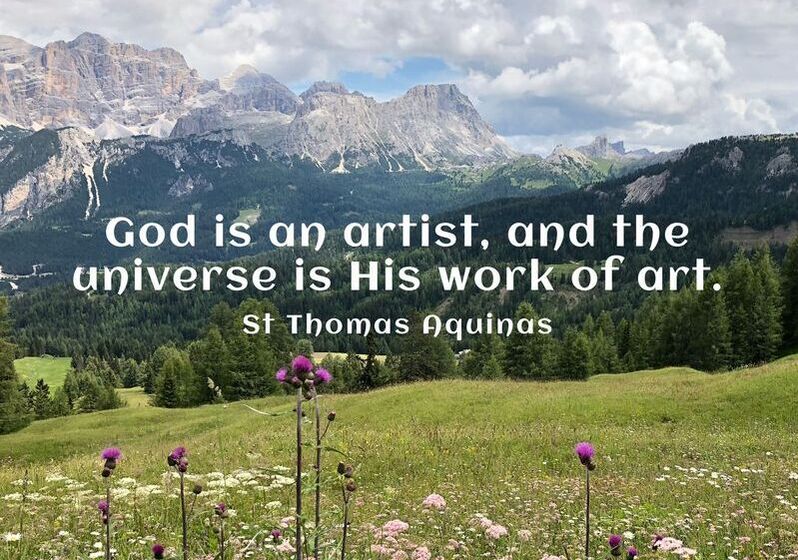

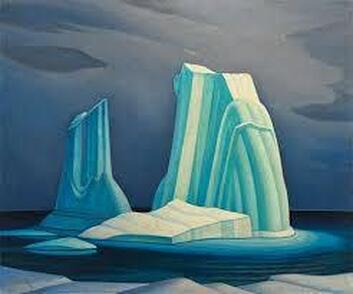
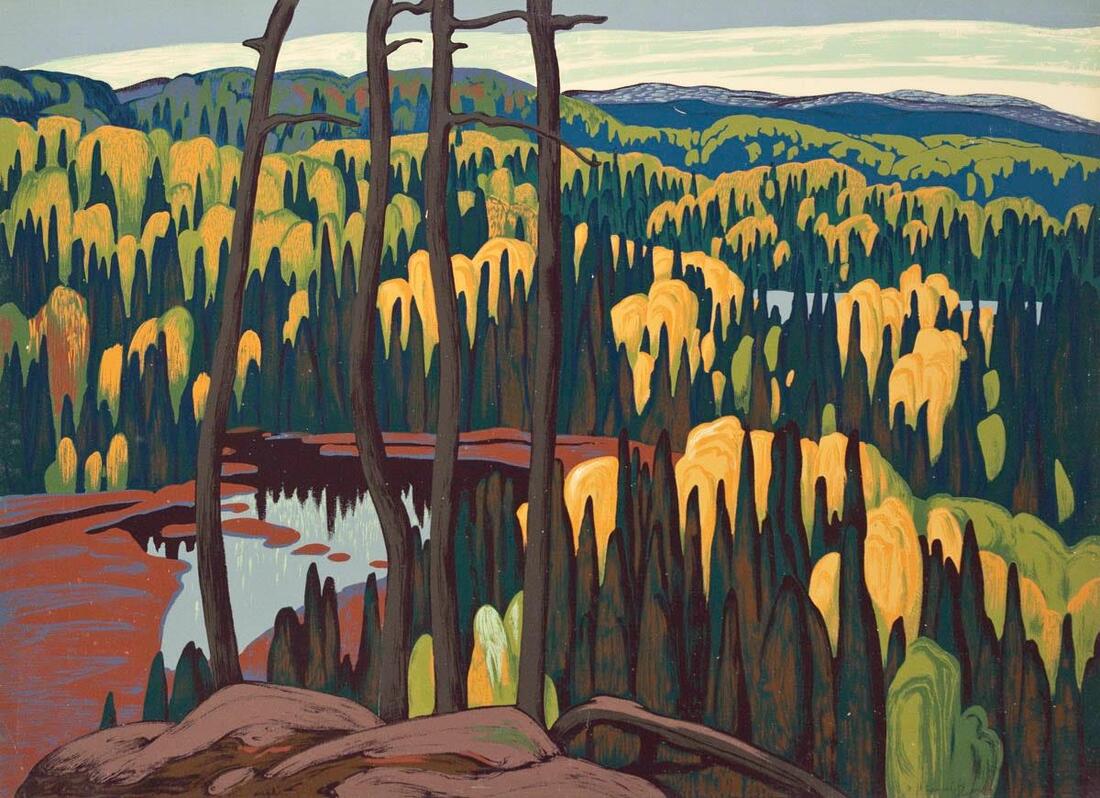
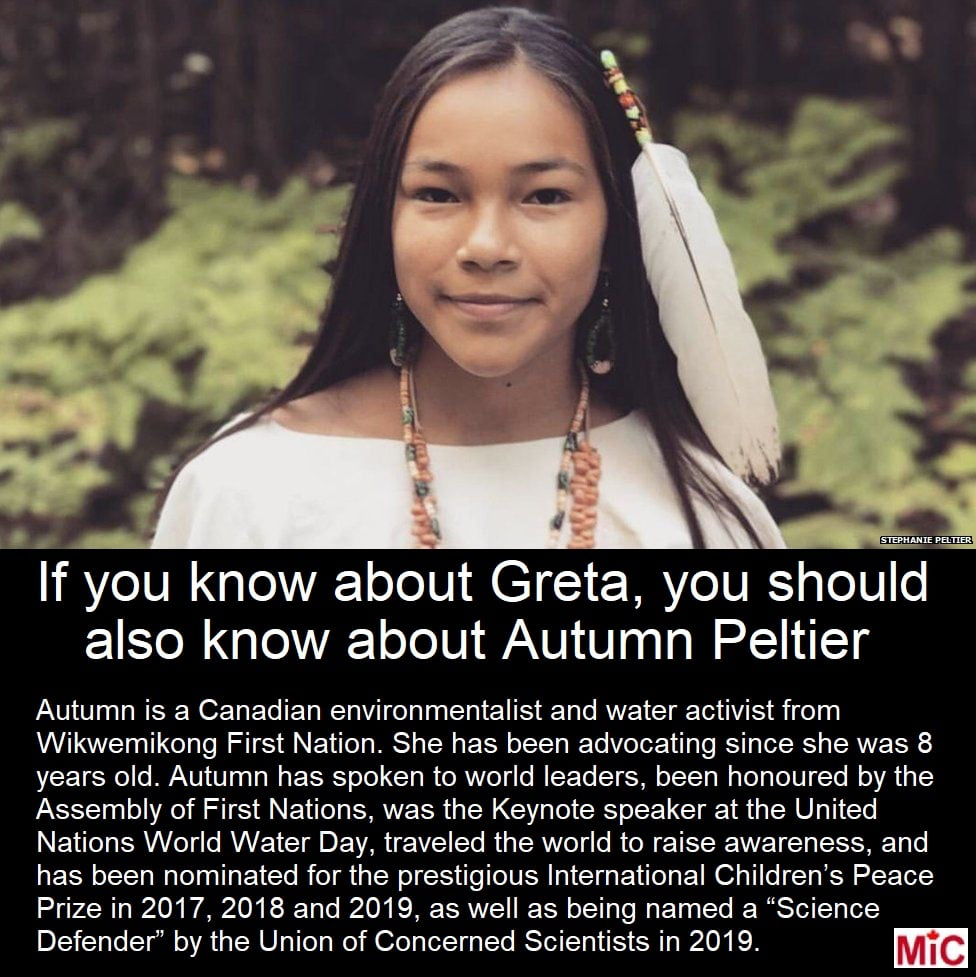
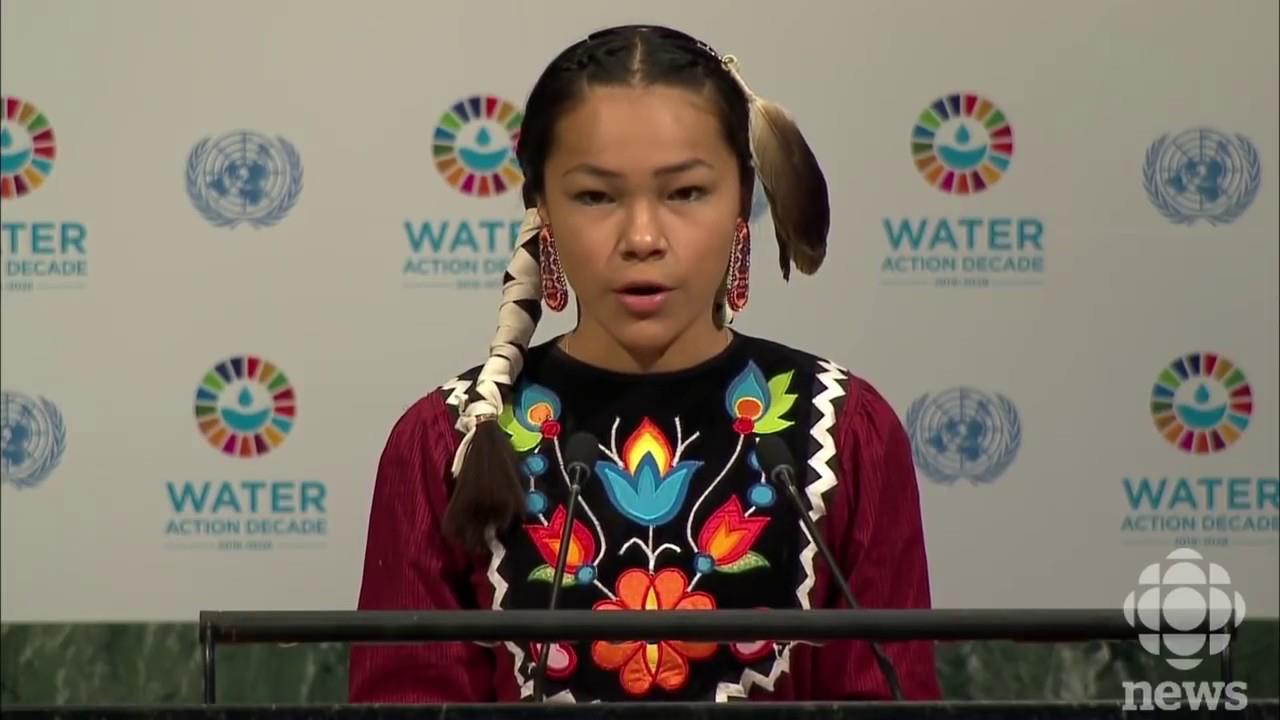
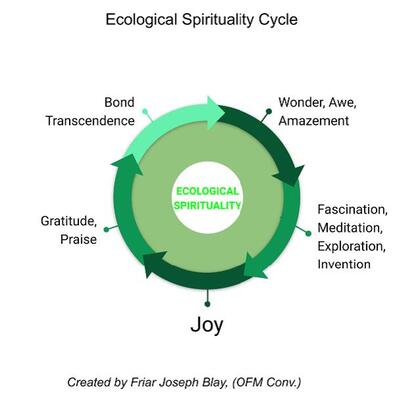
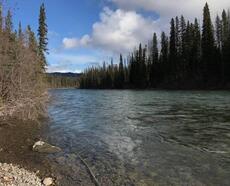
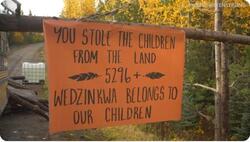
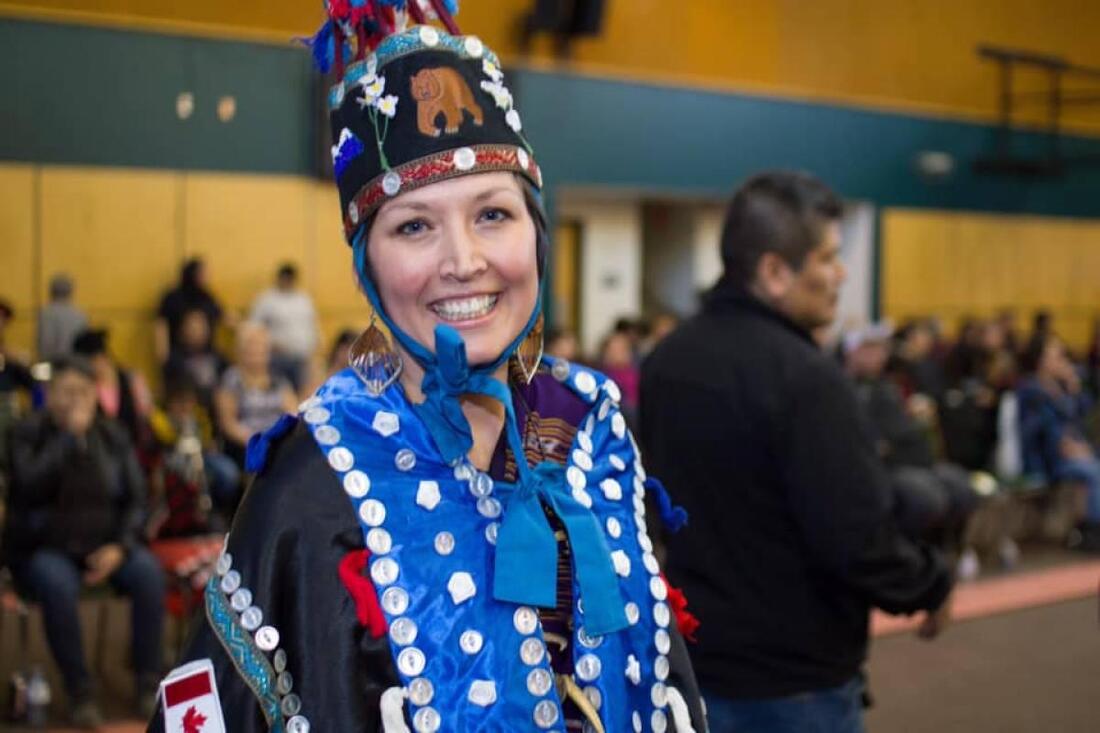
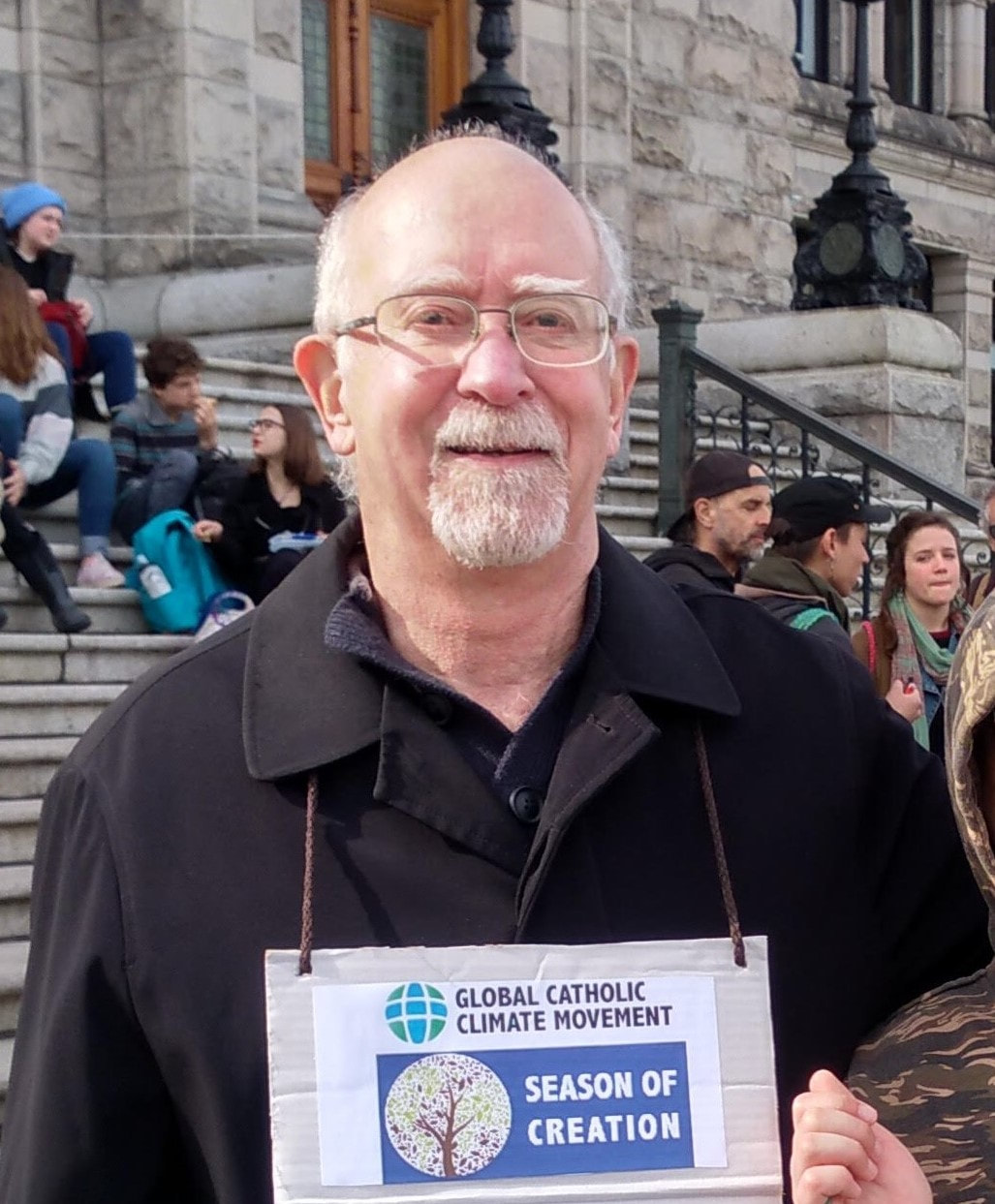

 RSS Feed
RSS Feed